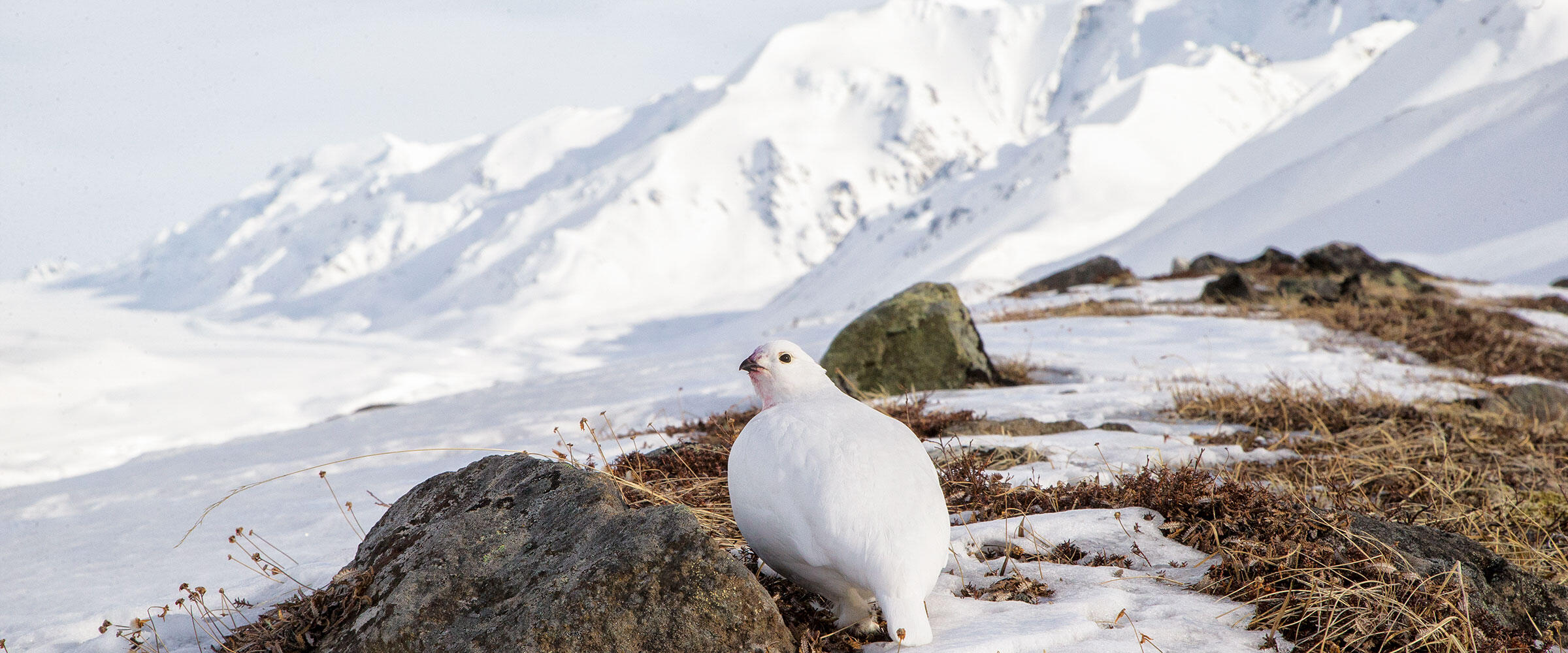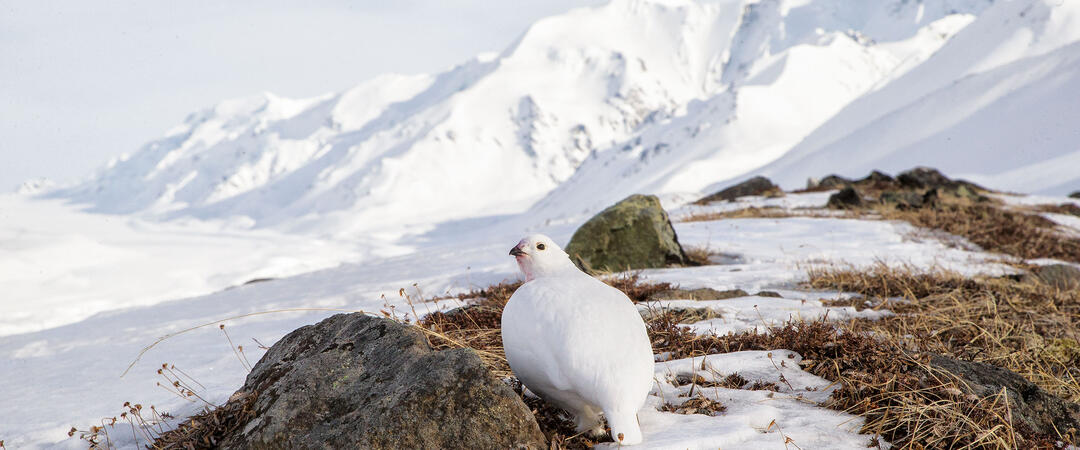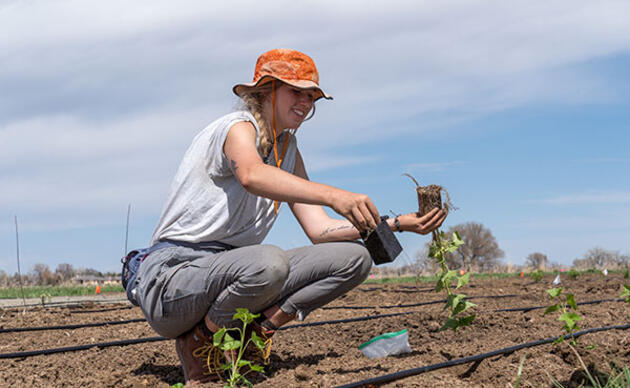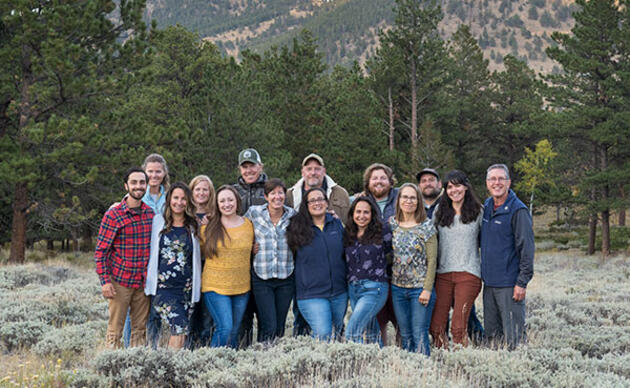Background
As a regional office of the National Audubon Society, we align and fully support Audubon’s Climate Initiative. As stated by Audubon, “Climate change is an existential threat to birds and people, and addressing this threat requires sustained, targeted action across the country and the world. To that end, Audubon has set a goal of contributing to emissions reductions of at least 80 percent of 1990 levels by 2050.”
As an Audubon regional office, we need to not only work with our members and partners to press for proactive actions in the face of climate change but we also need to ensure our internal operations reflect the values we put forth in our conservation programs. Audubon Rockies is committed to reducing the impact we as an office have on our planet, and to working to preserve quality habitat needed for birds in a climate-challenged future.
Therefore, Audubon Rockies is adopting the following office and travel policies in order to reduce our own carbon footprint. This announcement serves to capture our commitment to act thoughtfully and responsibly in light of the deleterious effects associated with climate change.
Audubon Rockies Climate Policies
Reduce, Reuse, Recycle: All offices will recycle all office waste/materials possible including paper, cardboard, plastics, etc. In addition, we will purchase recycled paper and consumables only.
Energy Savings: All Audubon Rockies offices will promote energy-saving tactics at offices including:
When possible, turn off lights and use natural light.
Install high-efficiency bulbs.
Turn off computers and lights when leaving for the day. This includes being cognizant of phantom energy loss. Consider three options to address this:
1. Unplug all electronics that aren’t in use.
2. Flip the switch on a standard or smart power strip.
3. Unplug the standard or smart power strip from the wall.
Adjust the office temperature to 72 degrees or less in the winter and 76 degrees or more in the summer.
Travel: Audubon Rockies will limit travel to in-person meetings (flights and driving). When possible and appropriate we will use teleconference capabilities (Zoom or phone calls).
When travel is deemed necessary, consider carpooling to events with staff and/or partner entities or using public transportation. Staff commuting to local offices should consider public transport or bike options if available.
When possible, staff will fly non-stop (direct is not necessarily non-stop) for events/meetings. As much as 50 percent of carbon emissions come from takeoff and landing.
Staff will use Lyft whenever possible as a ridesharing service due to Lyft’s carbon offset program and commitment to full carbon neutrality and 100% renewable energy.
We will continue to use Enterprise as our primary rental car service and support staff purchasing greenhouse gas emissions offset, which fund certified offset projects, for each rental transaction.
Event Planning: When hosting an event, we will work with building management in advance to determine if recycling options exist. If they do not, and staff are able to collect recyclables and have a way to recycle them, we will do so.
We will no longer provide water in plastic bottles at events and meetings. Only glass and aluminum containers should be used. In addition, staff should bring their own water bottles to refill at events/meetings.
Styrofoam products will not be used.
When possible, please purchase/select organic options.
Promotional Material: Promotional materials at events etc. should be limited to those that are directly relevant to our conservation programs (i.e. seed packets at Habitat Jero events) and be recyclable, as able. Giveaways will be eco-friendly and in line with our program’s goals and objectives.






